
Eurodollar University
Jeff Snider will guide you through the realm of monetary science. Multiple episodes uploaded each week, discussing big news and key current events, the state of markets and what they are telling you, as well as historical summaries and deep background material so that you can understand what’s really going on in this eurodollar’s world.
- Update frequency
- every day
- Average duration
- 23 minutes
- Episodes
- 1180
- Years Active
- 2020 - 2025

Central Banks Are Now Making Emergency Rate Cuts (Is the Fed Next?)
The economy really has deteriorated quickly, enough that what seemed highly unlikely if not impossible early in July was very near to happened at the end of the month. I said a July Fed rate cut was …
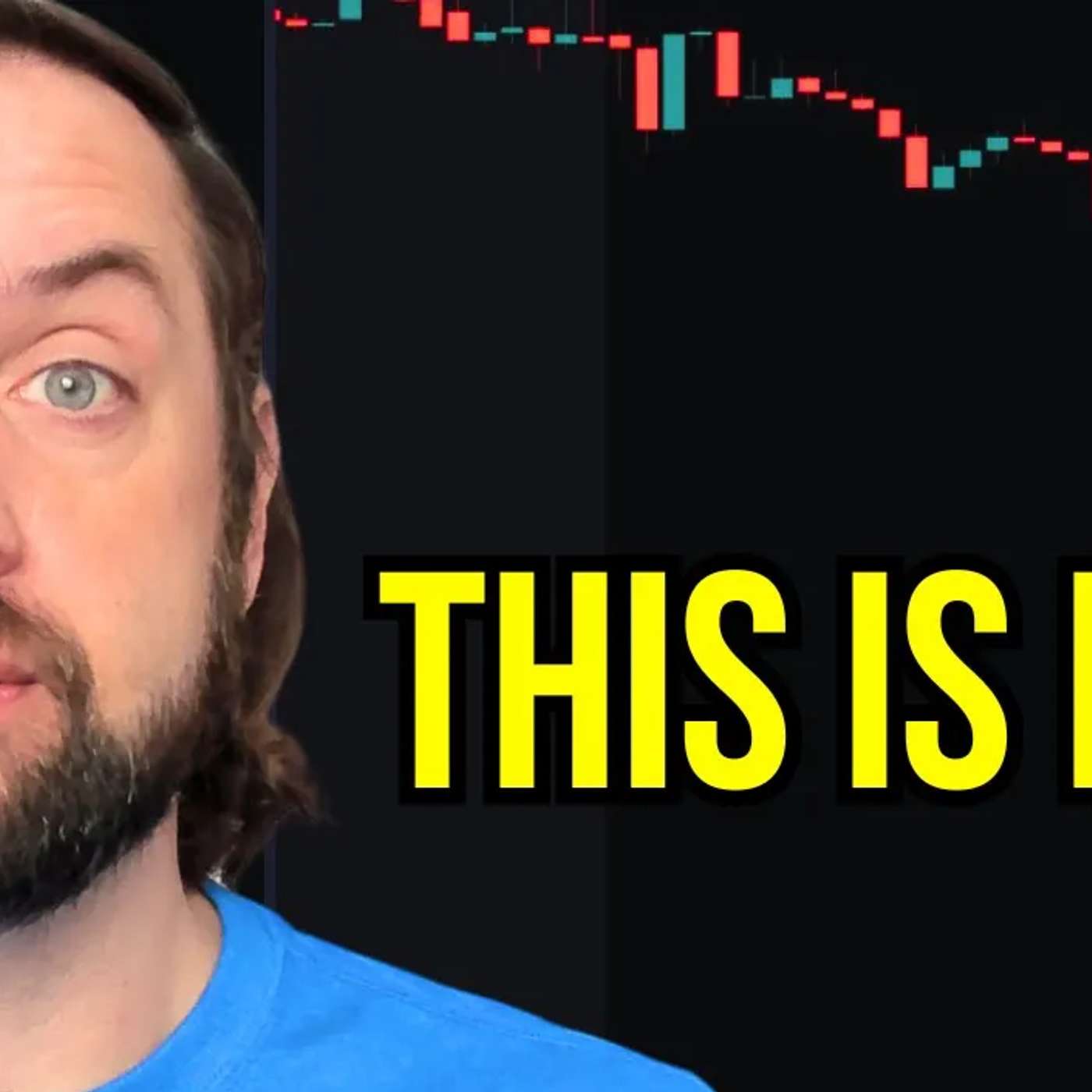
BREAKING: Job Market Just Revised Down 800,000! (Payroll Crash)
Was Macy's the latest victim of the strong labor market? That doesn't make sense, of course, and now the government data has been revised massively lower to better align what really happened last yea…
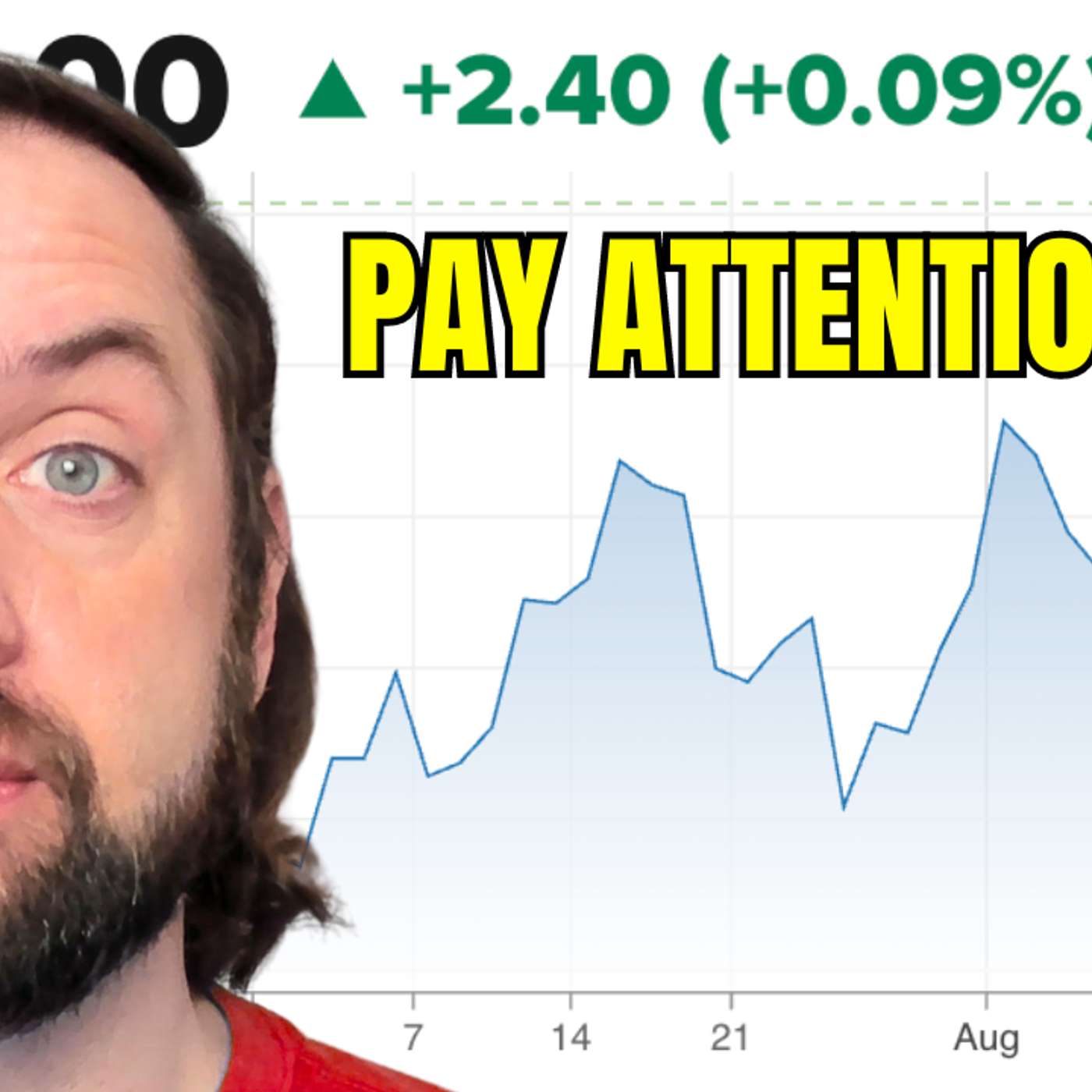
Gold Surges To All-Time Highs (Everything You Need to Know)
Gold jumped to another record high at the same time stocks are back closing in on theirs. Only two weeks after global financial chaos that has everyone wondering where things are heading, the implica…
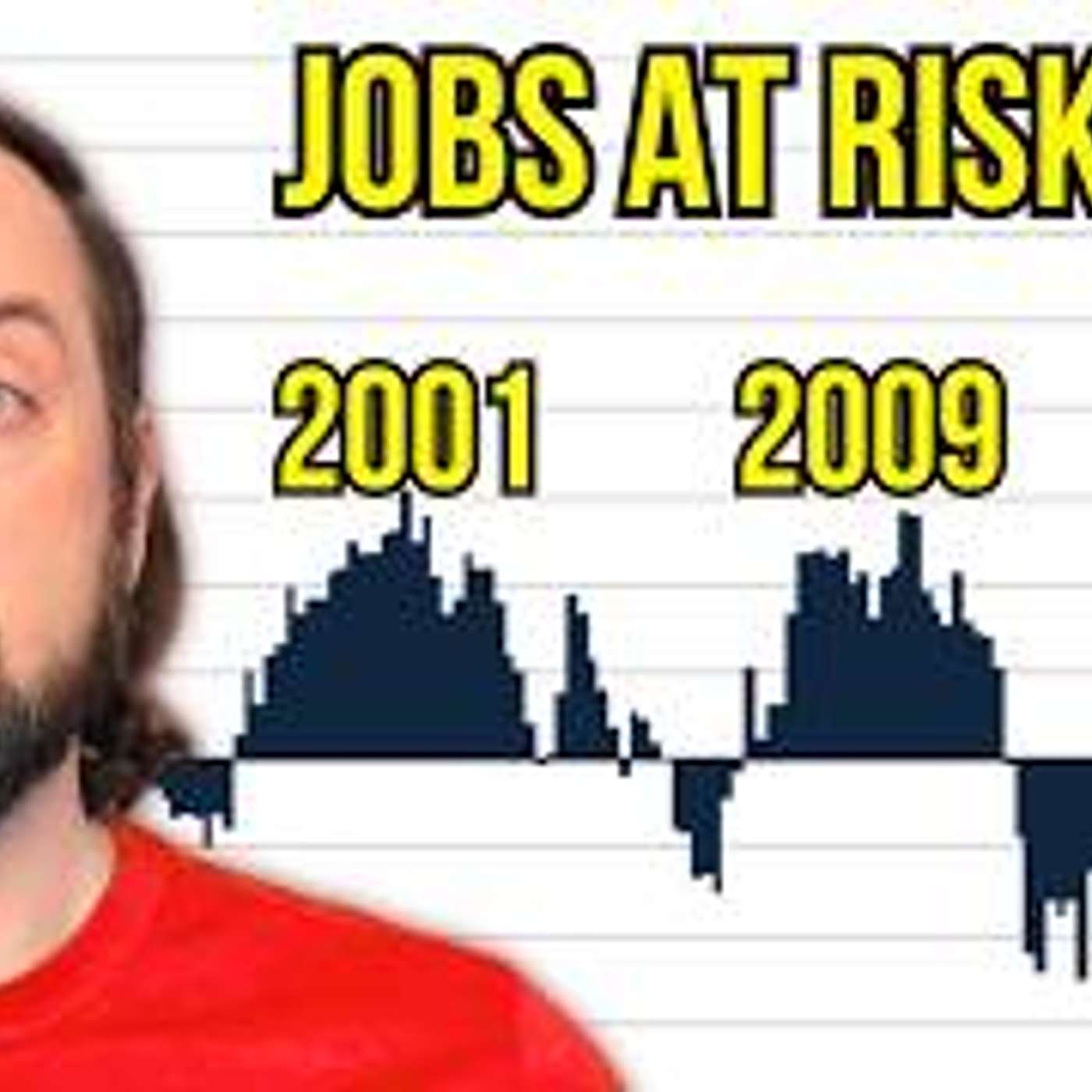
If This is Right, Unemployment is About to SKYROCKET
Economists and officials therefore the financial media continue to downplay the plunge in US consumer confidence, repeatedly referring to it as a "vibe-cession" that doesn't fit with the current data…
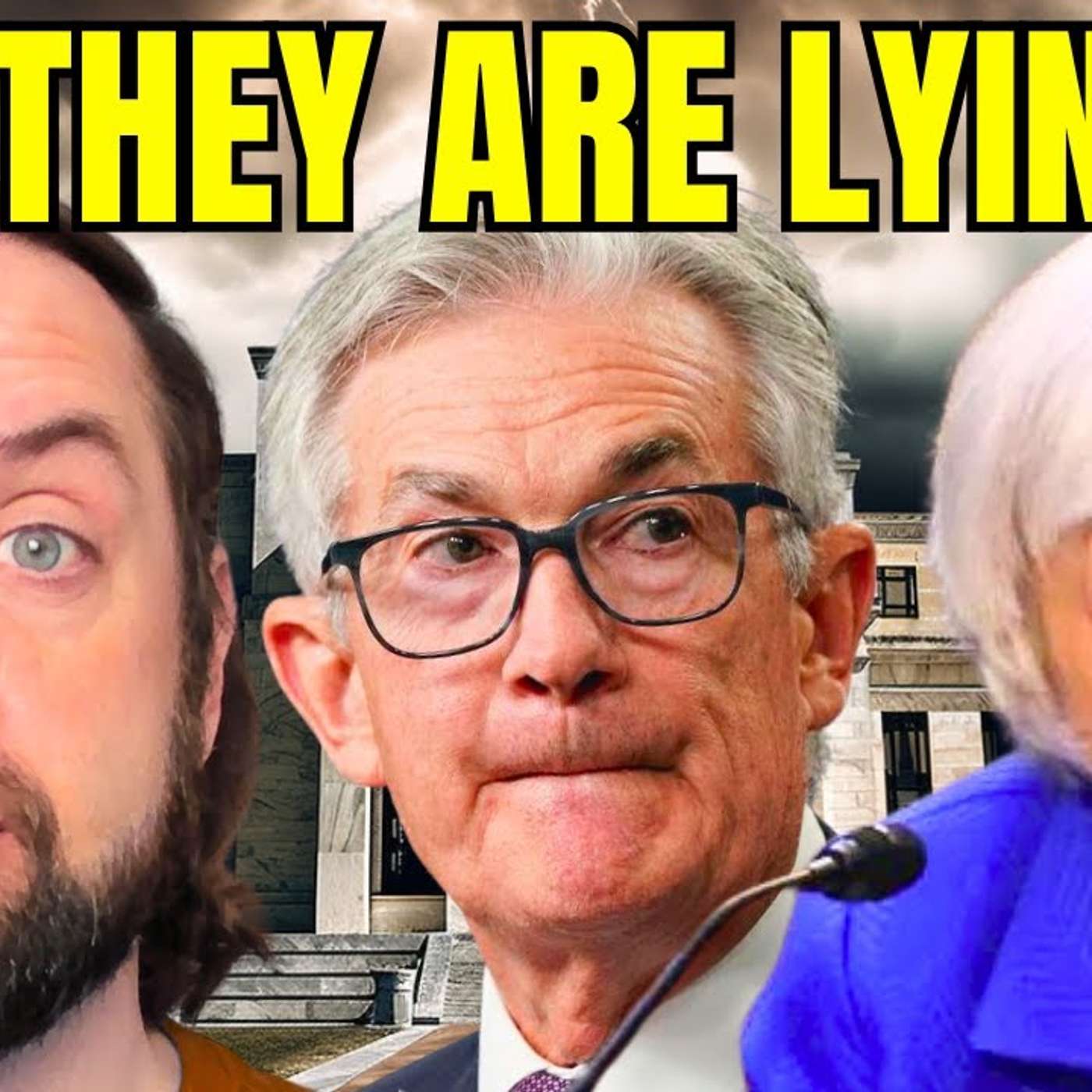
The REAL Economic Data Was Just Released, It's Not Good
Revisions are a normal part of high frequency data. Constant, near-exclusive downward revisions are not. Rewrites should be more evenly distributed which means these stats are overstating the economy…
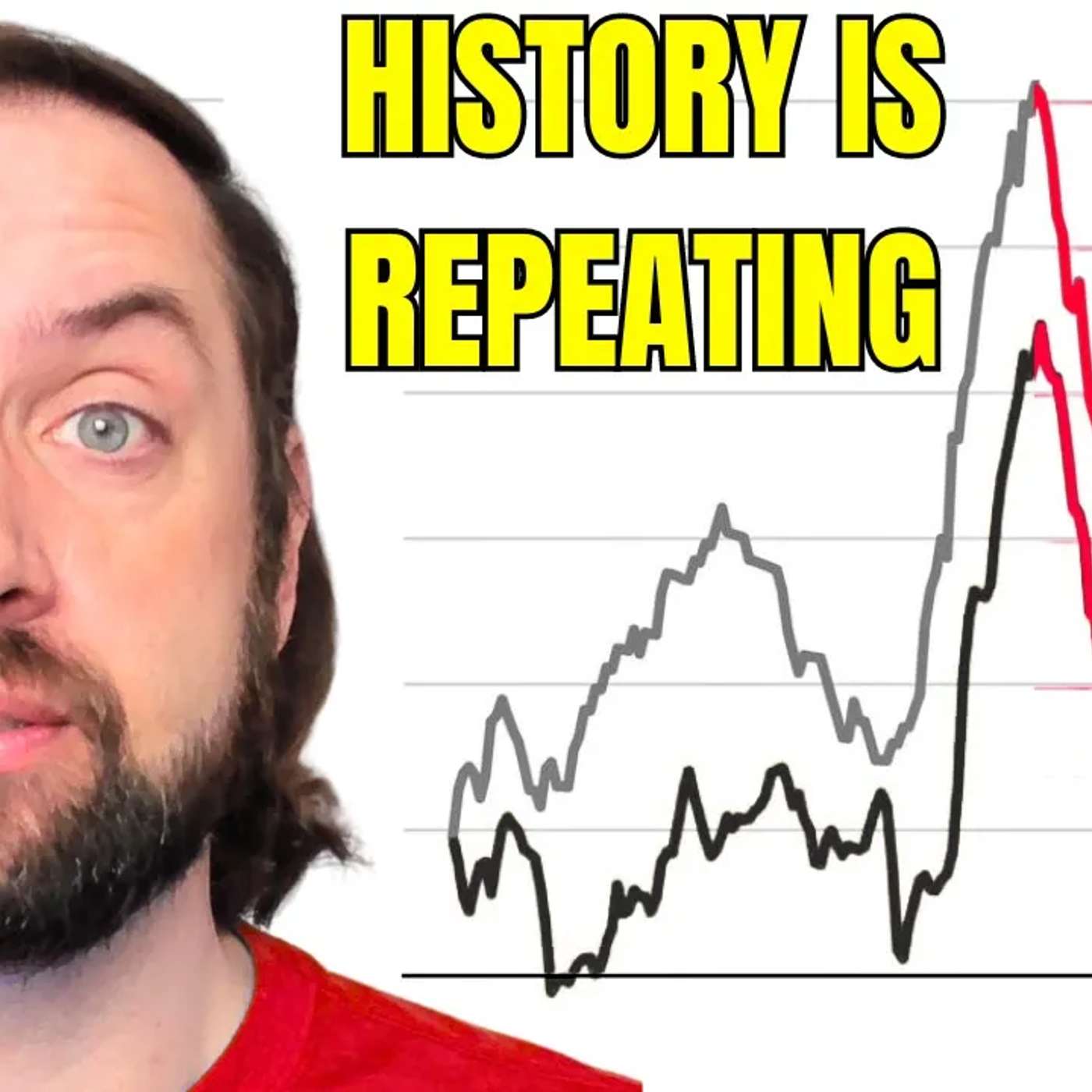
I've Changed My Mind, I Think Interest Rates are About to Rise, Here's Why
Financial volatility. Recession conditions. Lower growth and inflation. The rate cuts are still coming. So, that means interest rates around the world are about to go...UP? The fundamentals haven't c…

What Steel Prices CRASHING Means for the Global Economy
Steel prices are plunging, down a quarter since May at lows not seen since 2016. The chairman of the world's largest producer just said he expects it to get much worse in terms of prices and for indu…
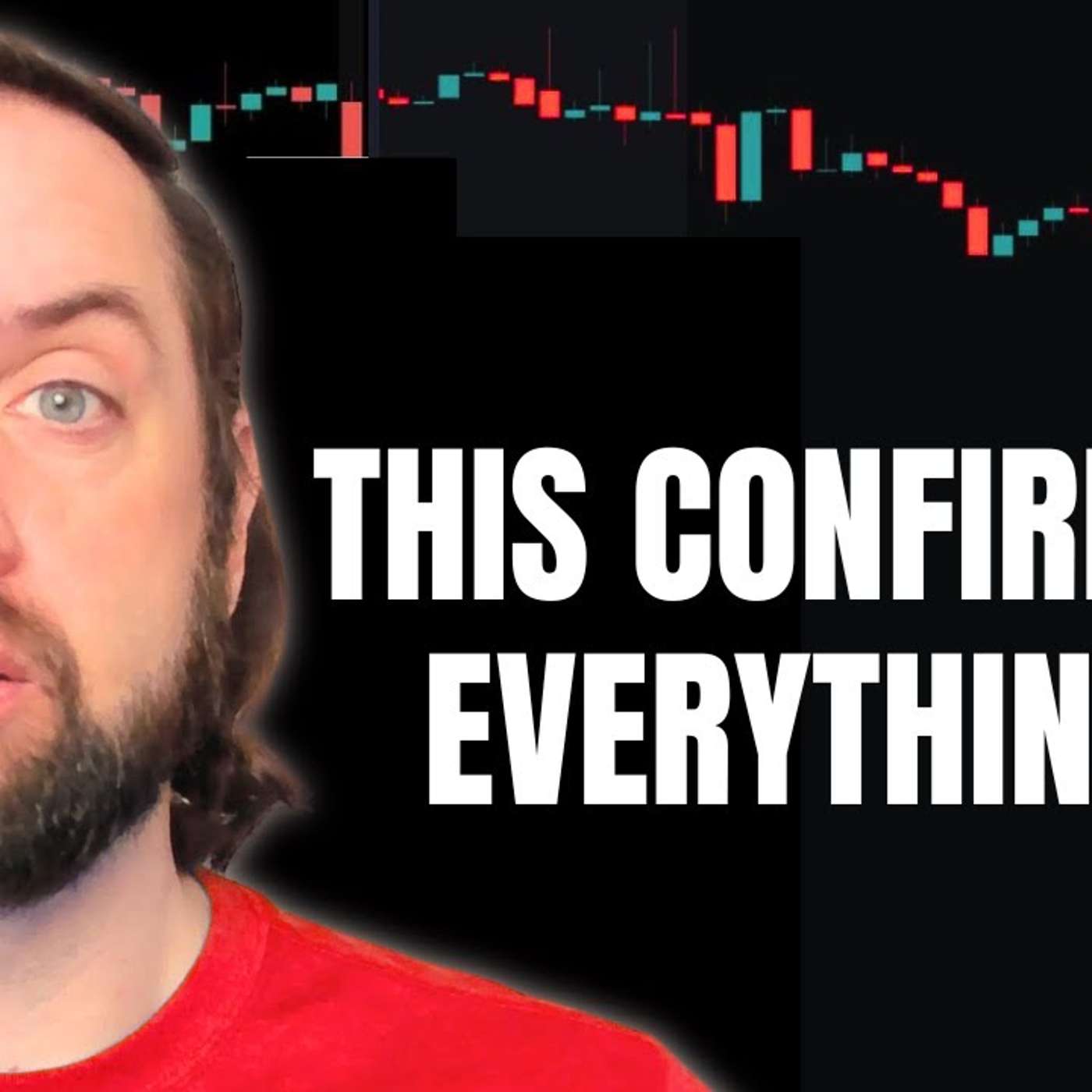
This Was the Point of NO return (CPI Breakdown)
This was supposed to be all about "inflation" and instead everything is coming up jobs - including the latest CPI report. From Home Depot's most recent admission to now US refiners taking drastic ste…

Record Amounts of Capital Urgently Fleeing China (Everything You Need to Know)
While the world was distracted by US recession provoking a Japanese stock market crash, China was continuing to meltdown. In just the past few days the country reported: a record drop in foreign mone…
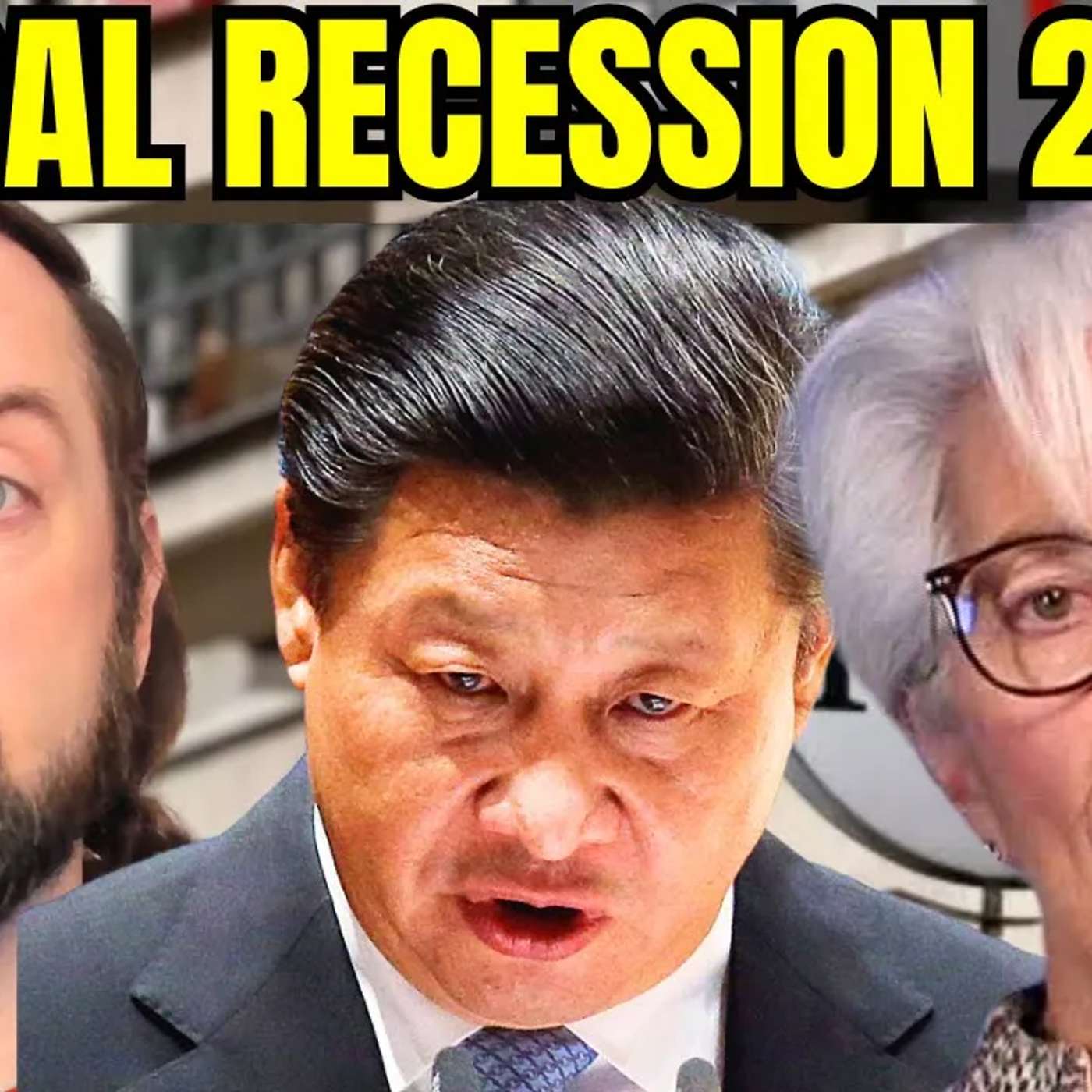
Why is the Global Economy So Interconnected?
How in the world does sudden fear over a US recession lead to a crash in Japanese stocks? Even more important, what might that crash suggest about the US recession? Our world is more interconnected t…

Economist Calling for an Emergency 75 Basis Point Rate Cut
After a chaotic, somewhat panicky prior week, the talking points went out with a clear aim to restore calm. That meant downplaying every last concerning development, starting with Jeremy Siegel. Sure…

This Warning Indicator Has Only Been Here 3 Other Times
Though calm was restored after a wild few days in global financial markets, key market signals remained steadfastly negative. One of the most crucial of those even dropped to a level we've only seen …
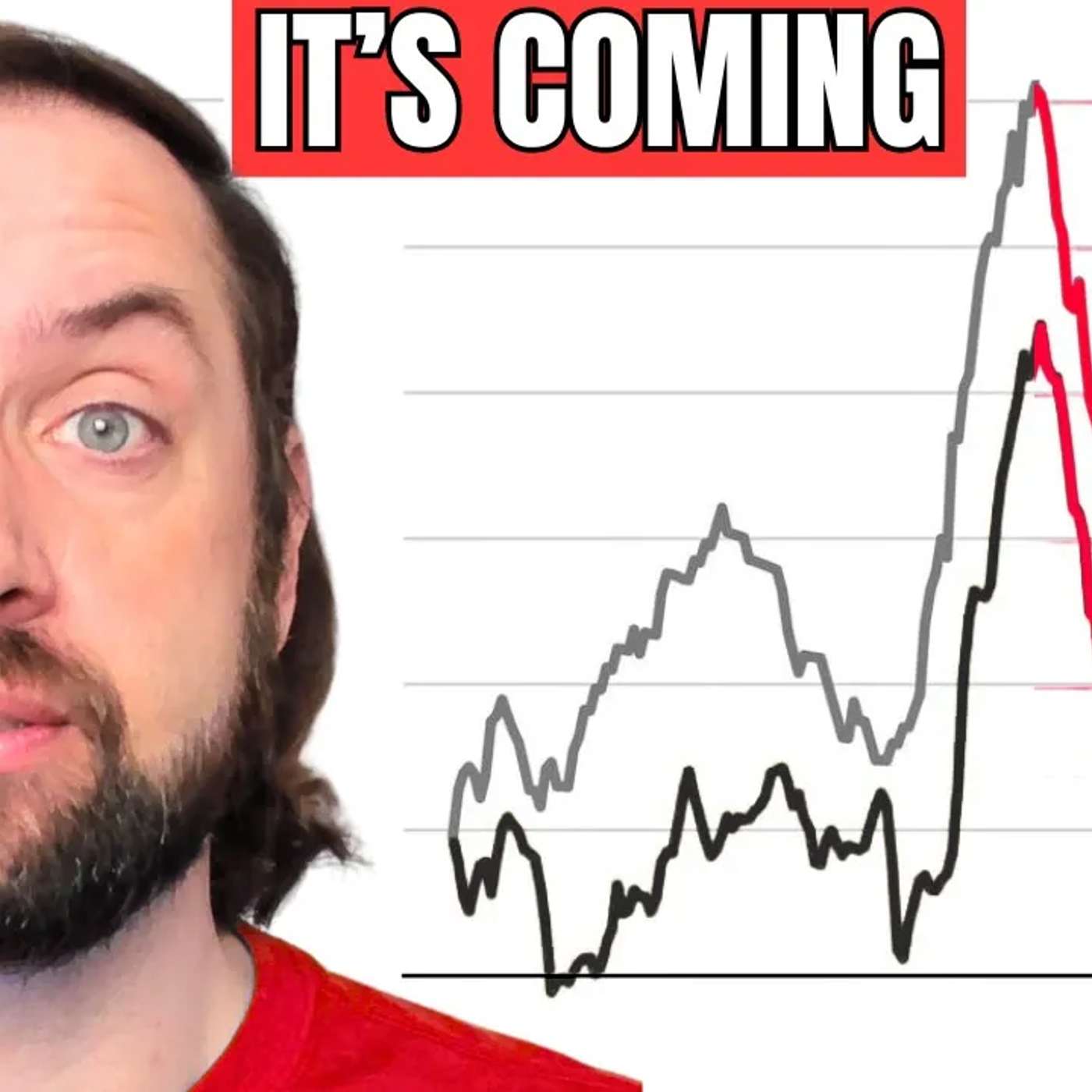
Every Time This Happens, It Leads to High Unemployment
Last week, the markets and the media melted down over well-founded recession fear. This week, in the aftermath, everyone will say it was all overblown. That's just normal. Meanwhile, the actual reces…

Something Fundamentally has Changed the Economy What It Means for You
The date July 11 keeps coming up in a lot of different markets, starting with stocks. The Nikkei's last all-time high was on that day and so was the NASDAQ's. But July also features prominently in co…

Global Asset Prices are Repricing Risk Assets (Rapidly)
When even big-name mainstream Economists are begging the Fed for emergency rate cuts, you might already have the sense this wasn't just a one-weekend show. US recession scrambles a lot of fundamental…

Japan is CRATERING, The Rest Of The World Is Next...
Japan was the epicenter for a wave of liquidations in smashing financial markets all over the world. It had all the telltale signs of a collateral and margin call. This wasn't about Japanese banks or…

The Recession Has Hit The Job Market
The July payroll report confirmed the US economy is heading for trouble. Key parts of it showed recession has likely already begun. As reality dawns across the marketplace, focus turns to what comes …
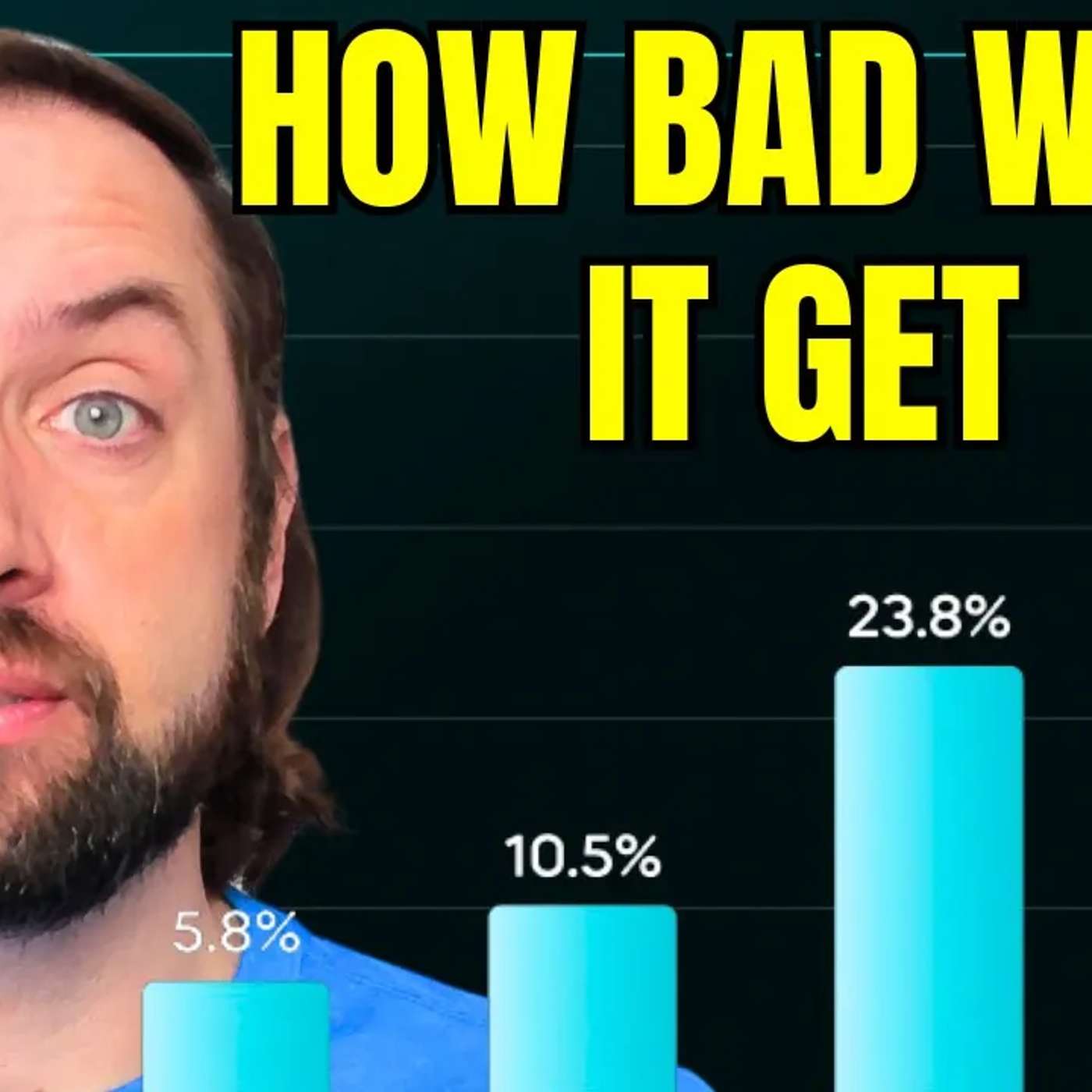
It's Official: The Recession is Here
With the questions of "what" and "when" now mainly answered, we can finally focus on "how bad." To start putting together some answers, we'll use three different markets and sets of indications each …
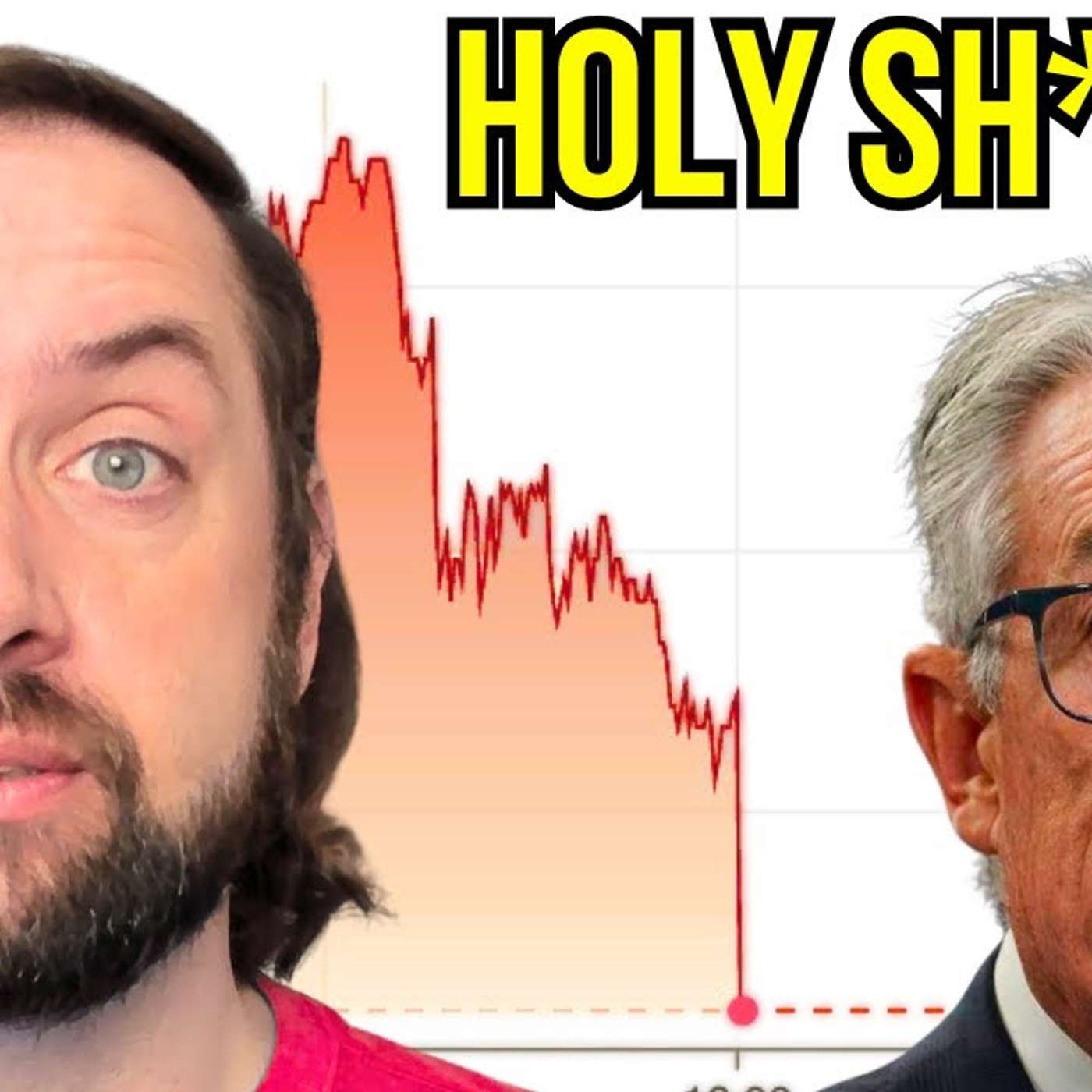
It's Official: Unemployment Is About to Hit the Fan
A whole bunch of bad data, much of it focused on deterioration in the US labor market (pre-July payrolls). That unleashed huge swings in rates markets and forward rates. One reason for all this is th…

Japan's Central Bank Just Hiked Rates WHILE in a Recession
Central banks don't hike rates during a recession. Or do they? The Bank of Japan just did and for the second time. By doing it, BoJ is laying itself bare; both in terms of transparently acting politi…